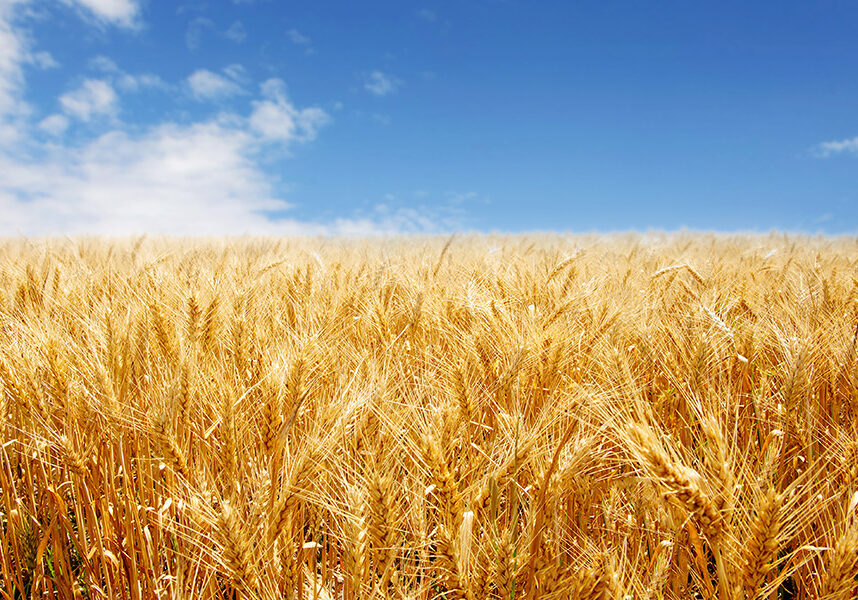A little planning goes a long way
2024February 2024
By Anthony Smith
President, Washington Association of Wheat Growers

Here we are in February already!
I’m busy tuning up tractors, changing oils and filters — all that fun stuff that needs to get done before getting out in the field. I’m also taking inventory on what spring seed, fertilizers, and crop protection products I’ll need. While doing this, I always get distracted and start other small projects. But when spring field work does begin (in Benton County, that’s fairly early in the year), I don’t want to get off to a bad start. A little planning now goes a long way to ensuring a good start to my year.
The Washington Association of Wheat Growers (WAWG) is the same way. As the new year approaches, we start preparing our state and national legislative priorities. When we head to Olympia and Washington, D.C., we want to make sure we are familiar with our talking points, and we know the issues we want to discuss.
We had two big trips last month. The first was our annual Olympia Days trip, which was very successful despite the unusual freezing weather on the west side. We met with almost 50 legislators and agency representatives and had good discussions with most of them. We emphasized the need to be reimbursed for the carbon taxes we’ve paid on fuel and explained how the state’s overtime law, which begins at 40 hours per week this year, is making producers cut workers’ hours. We are supporting a bill that would allow farmers to implement a 12-week exemption when overtime would kick in at 50 hours to allow for the seasonal nature of agriculture. In my meetings, legislators were generally sympathetic, but I know both requests will take a lot of work, especially in this short session.
Our other big talking point was the lower Snake River dams. WAWG does not support the government’s commitments in the Columbia Basin Restoration Initiative. In meeting after meeting, we explained that agricultural stakeholders were excluded from the mediation process and were deeply disappointed by the lack of transparency in the proceedings. We took this same message to Washington, D.C., a week later, as part of the National Association of Wheat Growers’ (NAWG) winter board meeting.
Besides participating in NAWG’s committee meetings, we spent a day meeting with members of our congressional delegation. Besides the dams, we also discussed the farm bill and the need to protect crop insurance so it continues to be a viable safety net for producers; the importance of increased funding for market development programs; and the critical role pesticides play in maintaining a safe, affordable food supply. It was a good trip, and I always enjoy spending time with wheat growers from other states.
Our travels for the first part of 2024 are just beginning. We’ve got the NAWG winter conference at Commodity Classic in Houston later this month, a Columbia-Snake River System stakeholder fly-in, and at least one farm bill fly-in on the calendar.
WAWG’s goal is to support our members and advocate for wheat growers’ needs at both the state and national level. I encourage members to let us know what issues they are facing and how we can help by contacting the WAWG office at (509) 659-0610.












